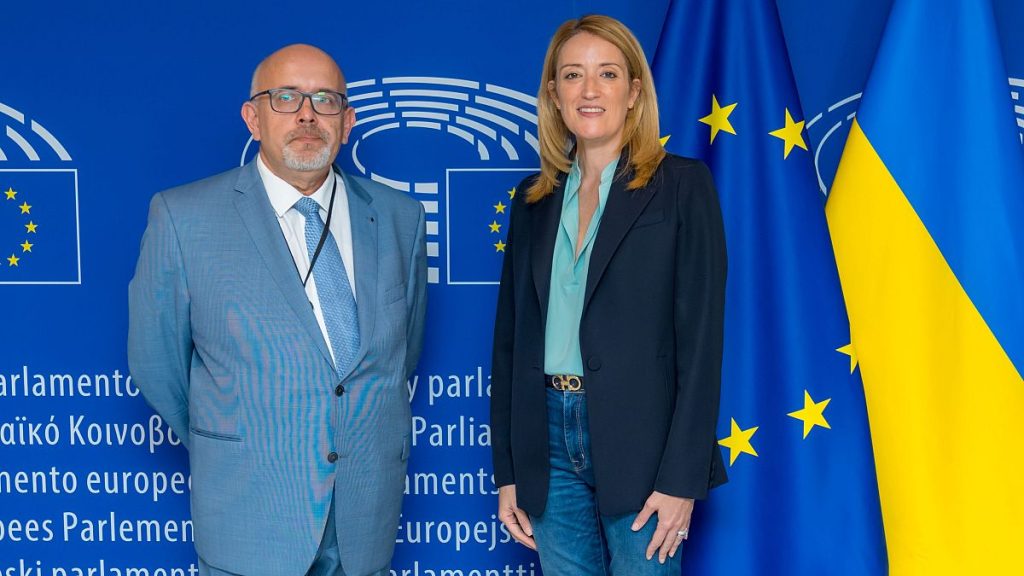The European Data Protection Supervisor (EDPS) is about to enter a phase of change, with the current mandate set to conclude soon. The selection process for the next EDPS is initiated with the European Parliament hearings scheduled for January 16, as confirmed by a spokesperson for the European Parliament. These hearings, overseen by the Civil Liberties, Justice and Home Affairs Committee (LIBE), were postponed to ensure that both the candidates and lawmakers have adequate preparation time. This careful planning indicates the significance of the role, which is central to overseeing the privacy compliance of EU institutions amid growing concerns about data protection across member states.
While the shortlist of candidates prepared by the European Commission is not public, there are indications that current EDPS Wojciech Wiewiórowski, who has been in office since 2019, and François Pellegrini, a French university professor, are among those being considered. Other notable candidates reportedly include Bruno Gencarelli, who serves as a cabinet member for Justice Commissioner Didier Reynders and has extensive experience in international affairs related to data flows. Anna Pouliou, Chair of the Data Protection Commission at CERN, also appears to be in contention. The specifics surrounding the candidate selection reflect the complexity of ensuring well-qualified individuals take on such an important role.
The mandate of Wiewiórowski is notably nearing its end on December 5, highlighting the urgency of the selection process. Although the LIBE committee initially planned to conduct hearings in November, delays in the approval of candidates by the European Commission on November 13 led to rescheduling. This type of bureaucratic process underscores the intricate nature of institutional governance within the EU and the careful vetting required for positions that enforce compliance with established data protection regulations.
The role of the EDPS is critical; it is tasked with holding EU institutions accountable to principles of privacy compliance and data protection. However, it is vital to recognize that the EDPS’s authority is less expansive than that of national data protection authorities, which possess the ability to impose significant fines on large technology corporations that violate the EU’s General Data Protection Regulation (GDPR). This distinction emphasizes the importance of national bodies in enforcing privacy laws, while the EDPS operates within the broader jurisdiction of EU institutions.
As the selection process continues, the anticipation surrounding the upcoming hearings reflects the growing significance of privacy issues in the digital world. The new EDPS will need to navigate the evolving landscape of data protection, where challenges such as cross-border data flows and compliance with GDPR are front and center. The effectiveness of the new appointee in raising standards for privacy compliance within EU institutions and fostering collaboration with national regulators will be crucial for reinforcing the EU’s commitment to data protection.
In conclusion, the change in leadership at the EDPS represents an important turning point for data protection governance in the EU. With a variety of qualified candidates vying for the position, the upcoming hearings will play a significant role in shaping the future of privacy oversight within EU institutions. As technology continues to advance and data privacy concerns grow increasingly complex, the new EDPS will have the opportunity to influence how the EU upholds its standards and addresses the challenges of modern data protection.














